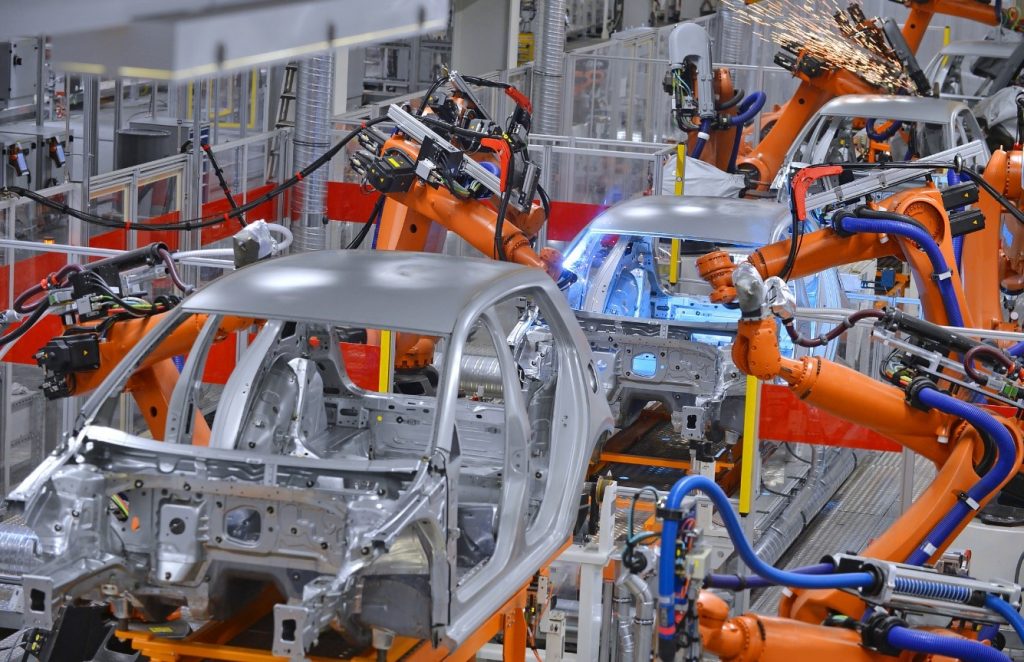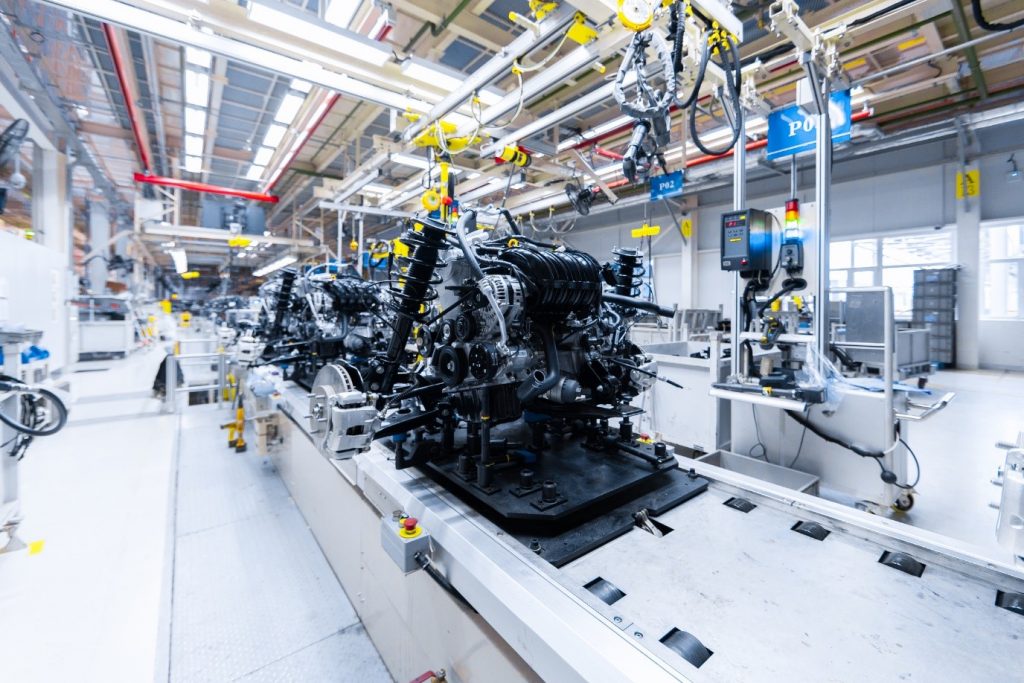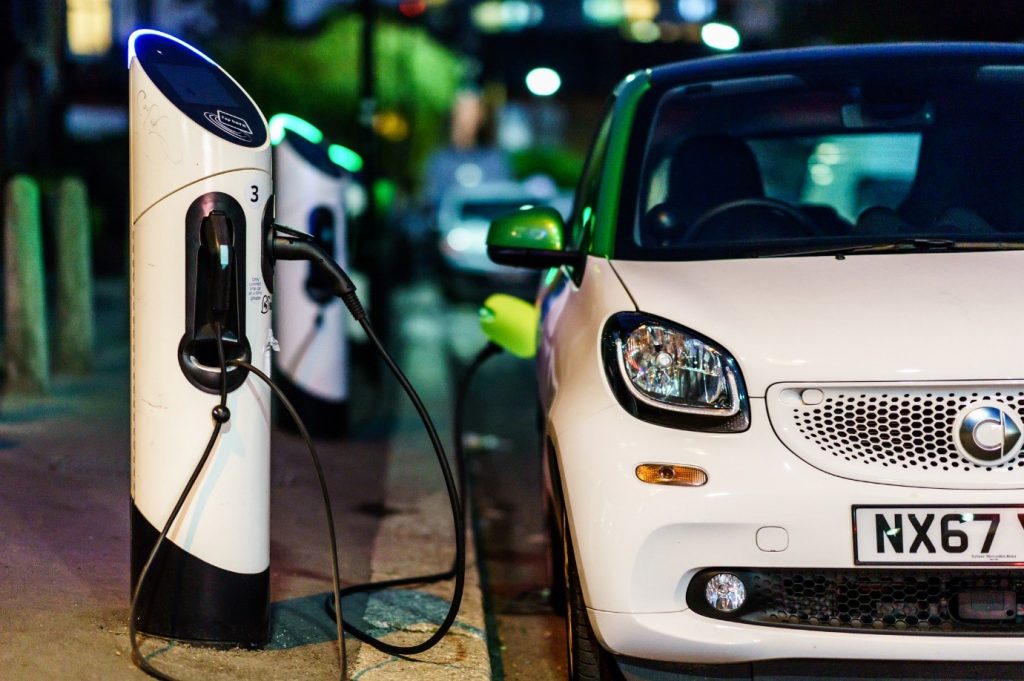The Future Of The European Automotive Sector
It’s fair to say that the automotive industry has been through a period of profound change in recent years – with the introduction of a whole host of new technologies into the manufacturing process. Pair the digitisation of the industry with the ever-growing concerns surrounding the environment, and you can begin to see how the future of the automotive sector is so important for a whole host of reasons.
In this article, we take a look at the future of the European automotive sector, whilst also highlighting some of the key trends we expect to see within the next few months.
What Pressures Are Major Car Manufacturers Facing?
Before looking deeper at what the future holds for the European automotive sector, it’s important to study exactly what pressures major car manufacturers are currently facing.
In a new study conducted with over 300 senior executives from automotive giants from around the globe were asked a number of questions surrounding the past, present and future of the automotive industry. Unsurprisingly, the study has thrown up some interesting statistics, including:
- 71% believe they need to adopt Industry 4.0 or digital processes to survive
- 52% of respondents believe a new manufacturer will enter the market with a revolutionary new kind of vehicle
- 69% feel they have never been under as much pressure to innovate as they are today
- 69% believe environmental restrictions on vehicles will become stricter in the coming years
- 65% responded stating they felt consumers would turn against traditional forms of transport in favour of greener alternatives
What Changes Are Just Around The Corner?
More Digitalisation
Digitalisation will continue to play a pivotal role within the European automotive market, with a real focus being placed on investing in more smart factory technologies. IoT and Industry 4.0 are an absolute must for any major automotive company operating in the 21st century, with the streamlining of existing processes high on the list of priorities for each business.
Many business owners have a genuine belief that if they don’t adopt Industry 4.0 techniques and technologies in the next few years, they will be completely left behind by competitors.
Innovation in terms of products offered and smart working practices will be at the forefront of the automotive industry for years to come, with many consumers looking for alternatives to the current offering available. It will be interesting to see how some of the major players within the European automotive sector deal with the ever-increasing pressure for digitalisation within the workplace, whilst also catering to an ever-increasingly informed customer-base.
Focus On Sustainability
Businesses across the globe are placing even more emphasis on sustainability, and there is good reason for this. Whilst steps in the right direction have been taken by several major automotive companies around Europe, there is an opportunity to move towards more sustainable ways of working.
Regardless of the types of changes made by automotive manufacturers, every little really does help. Businesses across a whole host of industries have been taking the steps necessary to have a smaller carbon footprint – but the automotive industry has the chance to have a real impact. The manufacturing process of each car can be streamlined to ensure as little energy is being used, whilst more focus must be placed on using recycled materials in the manufacturing process.
Consumers are more interested in working with and purchasing from companies that are seen to be actively helping to combat global warming, so expect to see a real shift in the way cars are manufactured, along with the materials used in the process, over the coming months and years.
Electric Vehicles
With the focus on sustainability so prominent within the manufacturing process of vehicles, it’s no surprise that vehicles themselves are shifting to more environmentally friendly models. There is a real shift going on within the car manufacturing sector at present, with diesel cars looking to be slowly phased out due to their impact on the environment, electric vehicles are being touted as their long term replacement.
In recent years, there has been a steady rise in the total electric vehicles on UK roads, with around 246,000 plug-in cars registered in the UK as of October 2019. Other countries across Europe have been spearheading the use of electric cars, with the UK some way behind other countries at present.
If car manufacturers are going to tap into this ever-growing market, more must be done to ensure the battery life of electric vehicles continues to improve each year. Alongside this, the Government must also commit to installing more charging points around the UK to ensure that electric vehicles are a viable alternative to petrol and diesel-powered vehicles.
As expert spring manufacturers, the team here at European Springs enjoy keeping a close eye on all of the very latest manufacturing news from around Europe. We will be sure to watch on and see what the future has in store for the European automotive sector! Check in on our blog regularly to keep up-to-date with all of the most important stories from the manufacturing and engineering world.


